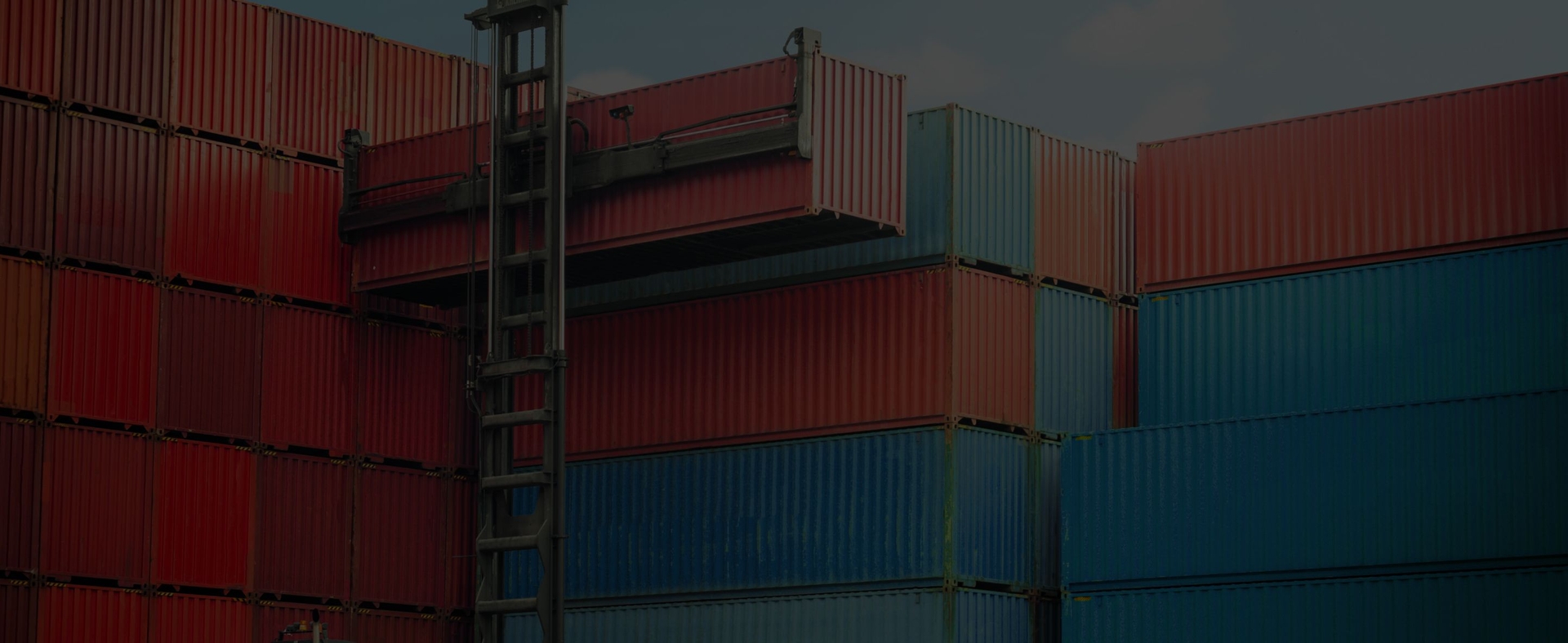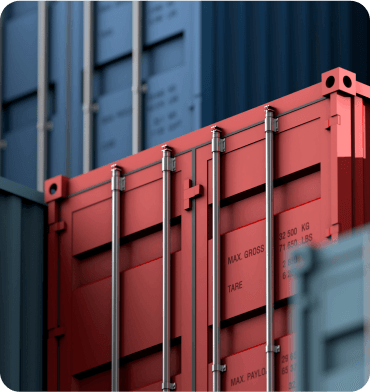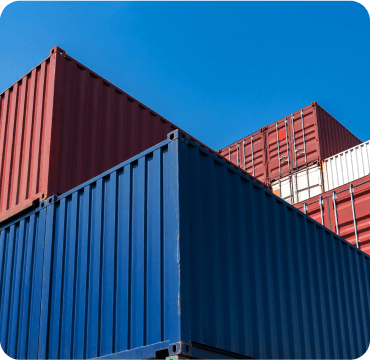
FCL Shipping - Full Container Load



Bookings
Your FCL Shipment in Seconds
Have The Entire Container
Have more flexibility and control over your FCL cargo.
Ship Safely
Be responsible for loading and unloading and avoid possible rough handling that comes with FCL shipping that risks damaging your cargo.
Be Competitive
FCL may be the more economical option even if you don’t occupy the entire container.
What is the meaning of FCL in shipping?
FCL: Full Container Load
FCL shipping is the transportation of goods using an entire shipping container. The merchandise has exclusive use of the container space and doesn’t have to share with other importers or exporters, unlike LCL.
FEATURES
Here´s When You Should Book FCL
When you send more than 10 standard pallets or 14m3 worth of merchandise:
Goods above this volume may be shipped at a lower rate via FCL than LCL. → Optimize costs with an FCL shipment.
When you need your cargo to be secure:
With FCL shipping, goods are not in contact with those of other shippers and have a lower risk of being damaged. → Protect your cargo with FCL shipping.
When your shipment is urgent:
Transit times for FCL shipments are shorter because they don’t go through as many hubs as LCL shipments do. → Fast-track your shipment with FCL shipping.
ADDITIONAL SERVICES
Recommended: Popular Types of FCL Containers: Choosing the Right Fit for Your FCL Cargo

20ft General Purpose

40ft General Purpose

40ft High Cube
FCL SHIPMENT
Services included with your FCL shipping

Door-to-port FCL shipments
If you’re an exporter, door-to-port FCL shipments usually offer the most competitive prices.
- Pick up
- Customs clearance
- Terminal charges at origin
- Ocean freight

Port-to-door FCL shipments
This is the most recommended option for importers looking to optimize FCL shipping costs.
- Ocean freight
- Terminal charges at destination
- Customs clearance
- Delivery
Need additional shipping services?
From cargo insurance to palletizing, consolidation and deconsolidation services, our team of experts can help you with additional services for the most all-rounded shipping experience. Compare FCL v/s LCL shipping in case you need more options.

Frequently Asked Questions about FCL Shipping
FCL shipping is best for businesses moving goods that can fill an entire container. This will include commodities like machinery, furniture, or large volumes of electronics, textiles, and plastic products. It’s also a good idea to ship high-value cargo via FCL because of its minimal handling and better security.
Ocean freight, including FCL, is very flexible. However, restrictions exist for hazardous materials, contraband, and certain regulated goods requiring special permits. For a complete list of restrictions goods, double-check with local and international shipping regulations and the carrier’s policies.
To book an FCL shipment, follow these simple steps:
- Get a quote from iContainers by providing details about your cargo, origin, destination, and shipping preferences on our ocean freight calculator.
- Select full container load as your choice of ocean freight shipping method.
- Submit the necessary documents for shipping and customs clearance.
- Confirm your shipment and make the payment.
- Arrange pick-up or delivery and track your shipment!
FCL containers come in various types and sizes to suit different cargo needs. These are:
- Standard containers: Used for general cargo. Comes in 20ft and 40ft options.
- Refrigerated containers: Used for goods that require temperature control.
- Open-top containers: Used for tall items that can’t fit in a standard container.
- Flat rack containers: Used for irregularly shaped cargo.
- Tank containers: Used for liquid cargo.
The documents that will be required for an FCL shipment include:
- Bill of lading: Proof of the shipment and contract of carriage.
- Commercial invoice: Provides details about the goods being shipped.
- Packing list: An itemized list of the cargo.
- Export/ import license: Required for specific goods
- Customs declaration: Required for customs clearance.
FCL shipping may allow you to customize loading and unloading. You can arrange your plans and preferences, such as palletization or straps, to help protect your goods during transit. Communicate your loading and unloading needs with the freight forwarder providing you with a full container load service.
You can combine multiple goods into one FCL container to maximize space. However, the cargo must comply with shipping regulations and not pose any risks when stored together. Proper documentation and labeling are also required.
The weight and volume limits for FCL will depend on the type of container used. A 20-foot container can handle up to 28 metric tons and 33 cubic meters, while a 40-foot container can carry up to 30 metric tons and 67 cubic meters.
The cost of your FCL shipment will depend on factors such as:
- The container type
- The distance between the origin and destination
- The route taken
- The weight and volume of cargo
- Additional services, such as insurance, customs brokerage, etc.
Port fees and surcharges, including terminal handling, fuel, or congestion fees, will add up to the total cost of FCL shipping. The extra fees to be paid will depend on the port and region. Work with your freight forwarder to help you determine the total cost of your shipment.
Incoterms define responsibility for the costs and risks involved in an FCL shipment.
FOB, or Free on Board, requires that the seller handles the cost until the goods are loaded onto the ship. Afterward, the buyer takes over.
On the other hand, CIF, which stands for Cost, Insurance, and Freight, requires the seller to cover shipping and insurance costs until the destination port.
Most freight forwarders provide an online tracking tool that allows you to monitor the status of your FCL container. iContainers provides real-time updates on your shipment throughout the entire shipping journey.
If your container is selected for a customs inspection, you can expect a slight delay and sometimes additional costs. To minimize the risk of delays and penalties, ensure that your shipment complies with import/ export regulations and has proper documentation and clear labeling.
Freight forwarders like iContainers act as intermediaries in the shipping process. We help manage the logistics of your FCL shipment, from documentation to customs clearance and booking to tracking. Our FCL service can assist you in achieving a smooth shipment from start to finish.

